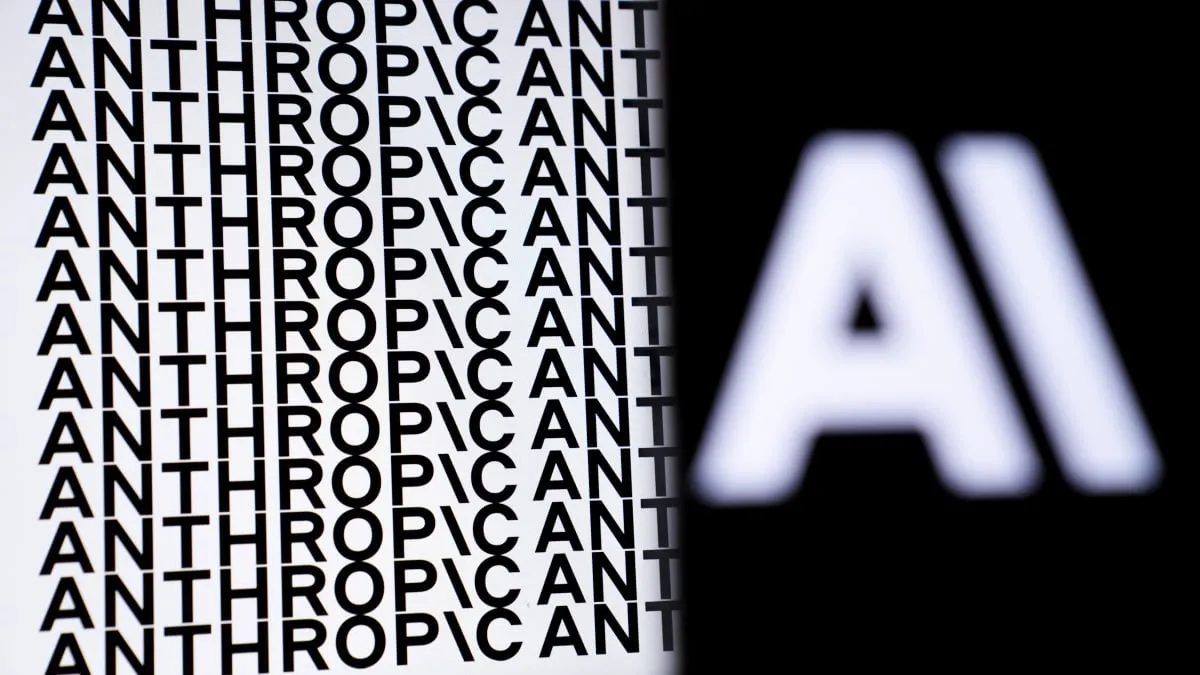
AI company Anthropic has reached a significant settlement in a class-action lawsuit brought forth by a group of authors, agreeing to pay an astounding $1.5 billion. While the settlement is a major step forward, it still requires approval from a judge. Lawyers representing the authors have expressed their satisfaction with this development, marking it as a pivotal moment in the ongoing battle over copyright in the AI era.
The lawsuit alleged that Anthropic unlawfully utilized pirated copies of numerous books to train its AI chatbot, Claude. The legal action encompassed approximately 500,000 works, suggesting that, if the settlement is approved, authors could receive around $3,000 per work. Justin Nelson, one of the attorneys for the authors, highlighted to the Associated Press that this settlement could represent the largest copyright recovery in history.
Aparna Sridhar, Anthropic’s deputy general counsel, spoke with Ars Technica, clarifying that the court had recognized Anthropic's methods of training its AI models as falling under fair use. She stated, “Today’s settlement, if approved, will resolve the plaintiffs’ remaining legacy claims.” Sridhar reiterated the company's commitment to developing safe and effective AI systems that enhance human capabilities, advance scientific discovery, and tackle complex challenges.
If finally approved, this settlement could serve as a crucial precedent in the ongoing conflict between AI companies and content creators. Numerous artists, publishers, and writers, including notable figures like George RR Martin and John Grisham, have initiated lawsuits against AI firms, such as OpenAI, claiming that these companies have infringed upon their copyrights during the AI training process.
This case underscores the growing tension in the AI landscape, as copyright issues become increasingly prominent. Disclosure: Ziff Davis, which owns Mashable, has also filed a lawsuit against OpenAI, alleging copyright infringement in the development and operation of its AI systems.
As the AI industry continues to evolve, the outcome of this lawsuit could have lasting effects on how AI companies navigate copyright laws and the rights of content creators in the digital age.